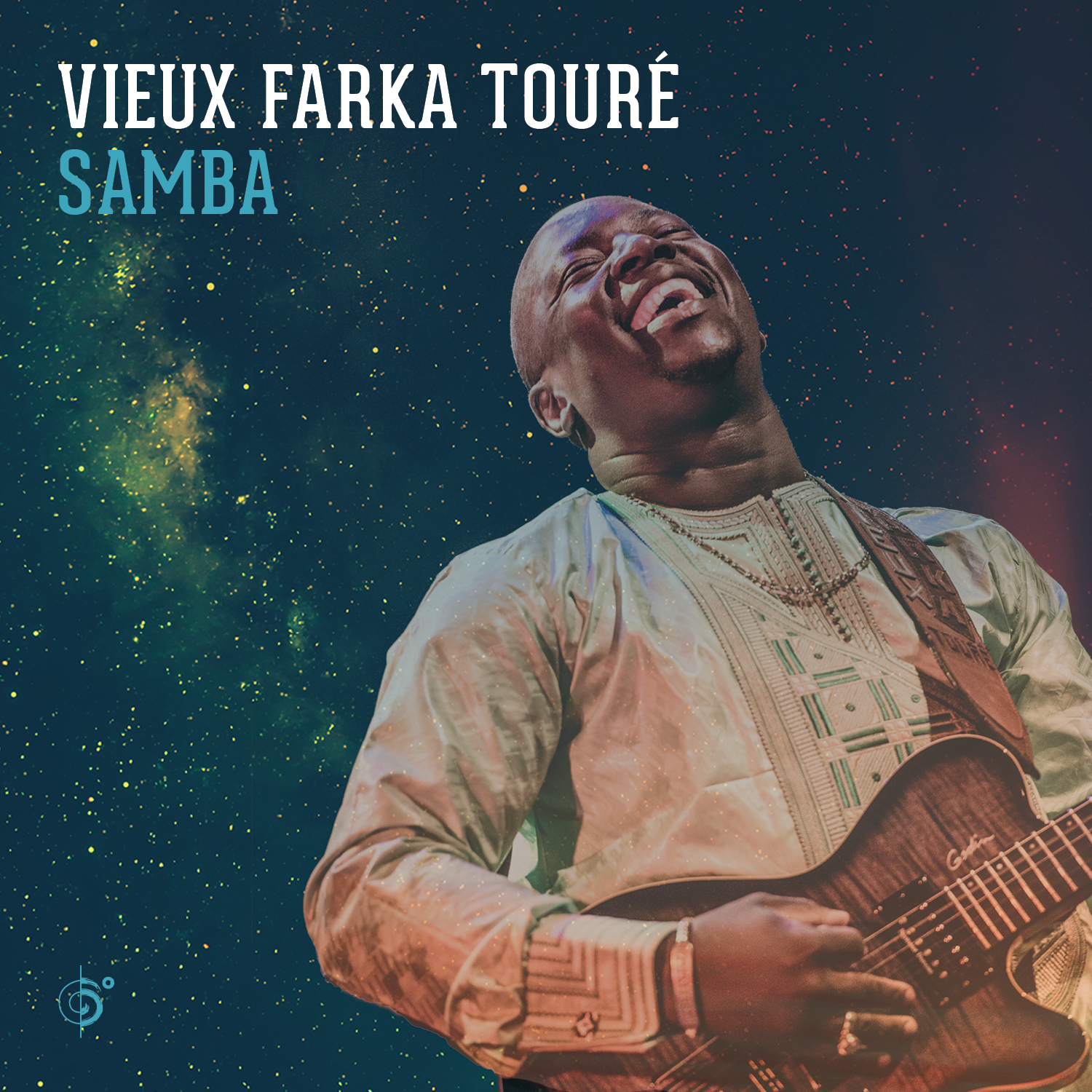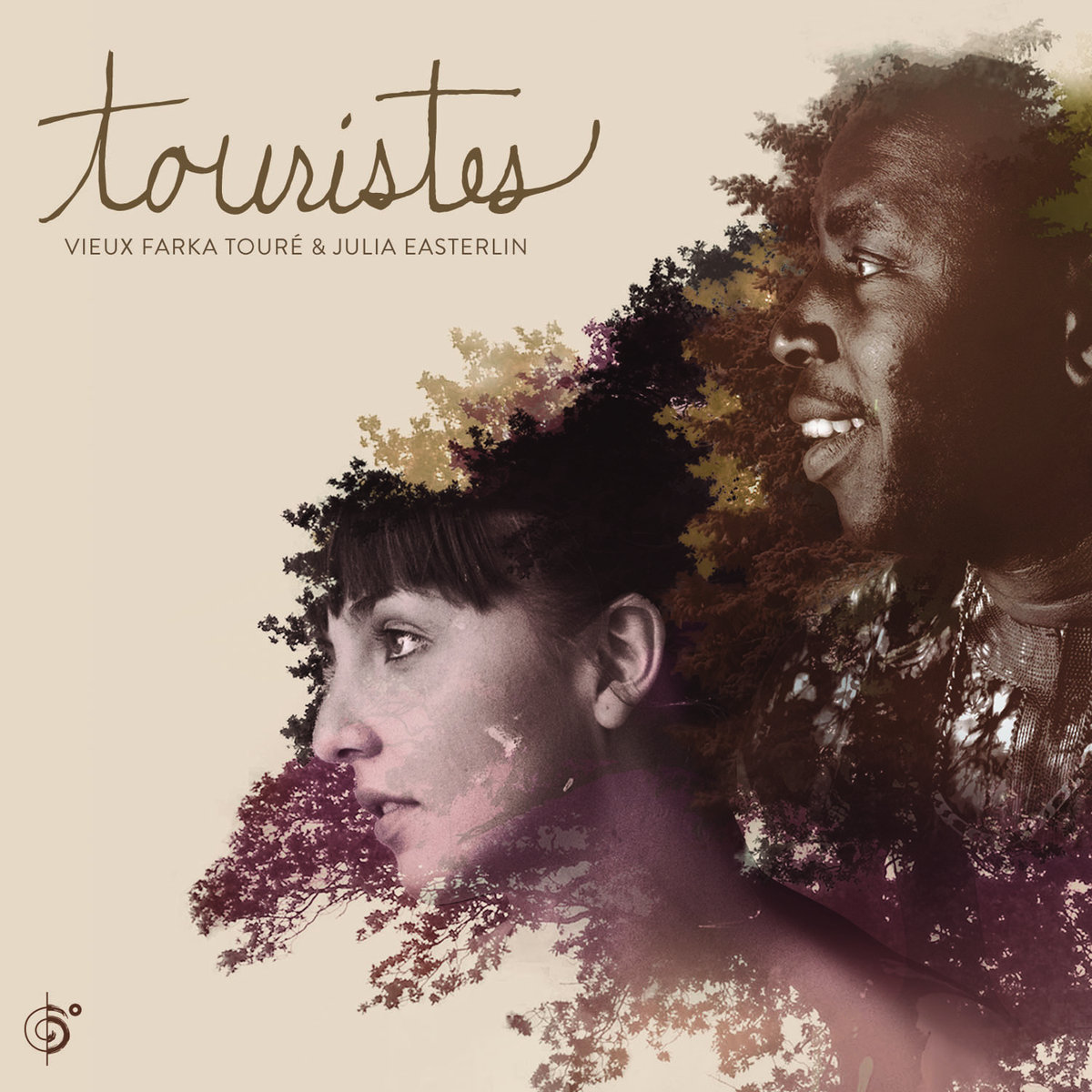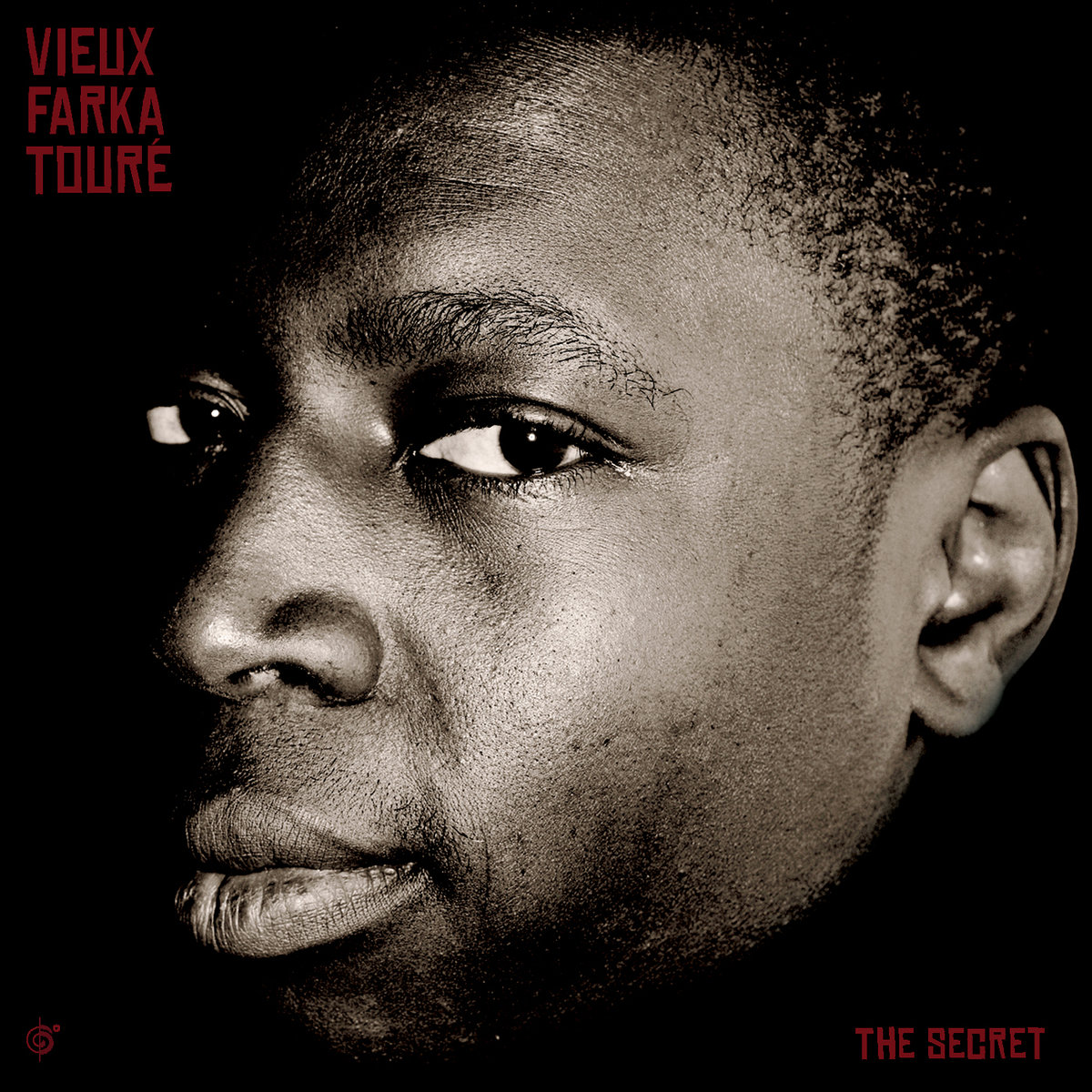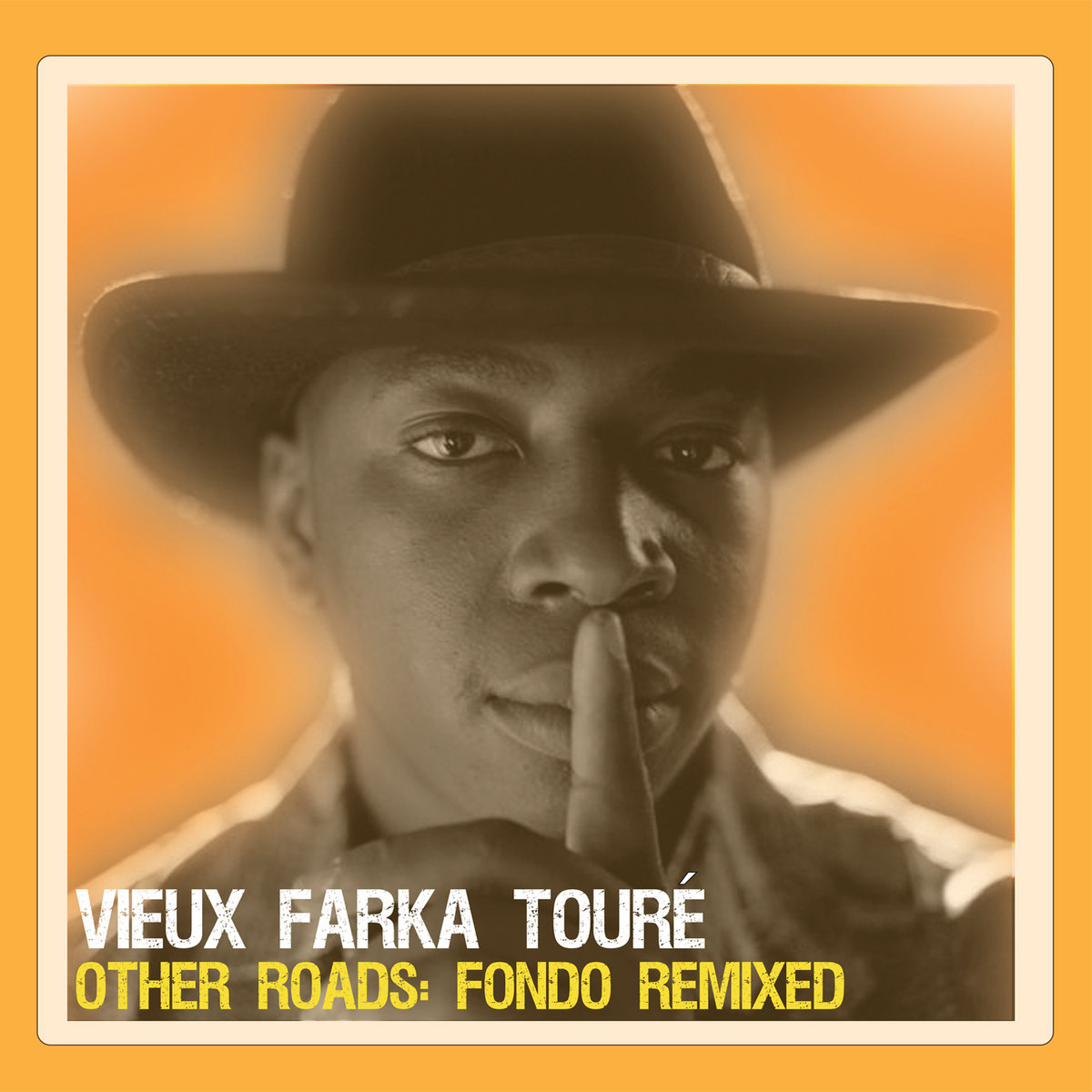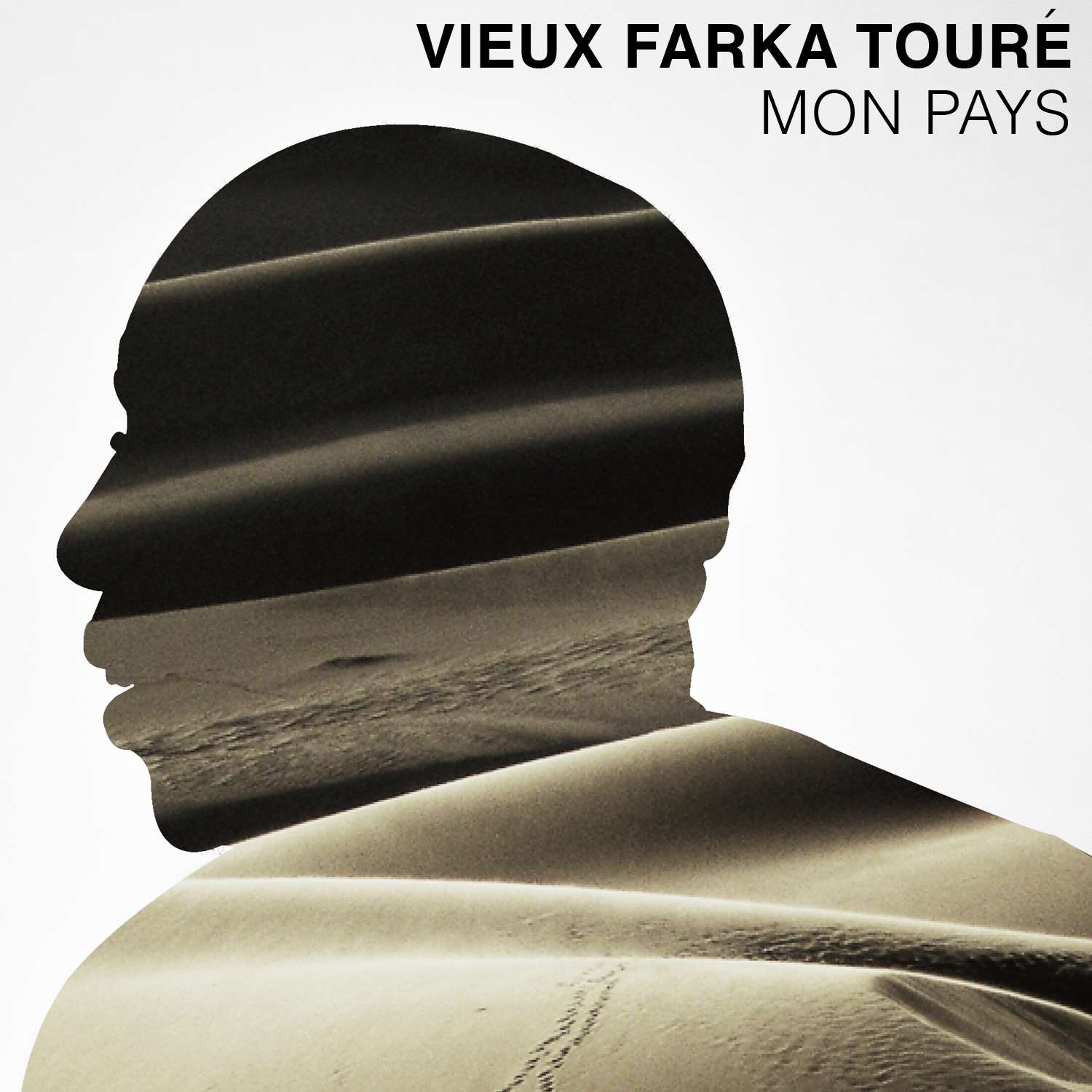
VIEUX FARKA TOURÉ
When the producers of the Woodstock Sessions, a hybrid/live recording series in Saugerties, NY, asked Malian guitarist and vocalist Vieux Farka Touré to stop by in 2015, he didn’t have enough time to make it happen. Intrigued, he promised to return the following year. Making good on his word, the result of that incredible session is now Touré’s newest album, Samba (Six Degrees Records).
Instead of reinvigorated takes on old material, the ten songs on Samba are all brand new. Given Touré’s natural musical curiosity, the far-reaching blend of Malian blues and praise song, funk, reggae, and rock make this his most mature, well-rounded effort to date. The live element, where Touré excels as a performer, shines through on every track, even though the band stopped whenever they wanted to change something up. This was not your average performance.
“It was not a regular studio session nor was it a concert,” Touré says. “It was somewhere in between. We were recording the album, but we had an audience of about fifty people in the room with us. The audience understood it was to witness the process of recording an album, not to present a concert in a studio, which was a very good thing because we got the energy of a live concert with the quality of a studio recording.”
Fans of Touré will rejoice at the quality and energy of this fantastic record. His solos are exceptional. The hypnotic grooves his band creates allows him to let loose with a sense of ease and grace. “Samba Si Kairi” is a perfect example. A song about his parents, it reflects the larger narrative of the album’s title.
Samba means “second born,” his place in his family, which of course was to legendary Malian artist Ali Farka Touré. While many cultures award the head position of a family to the first-born, it is the second child often conferred with power in Touré’s tradition. “Samba Si Kairi” is an old tune his grandfather would sing to Touré as a child, who would respond by dancing.
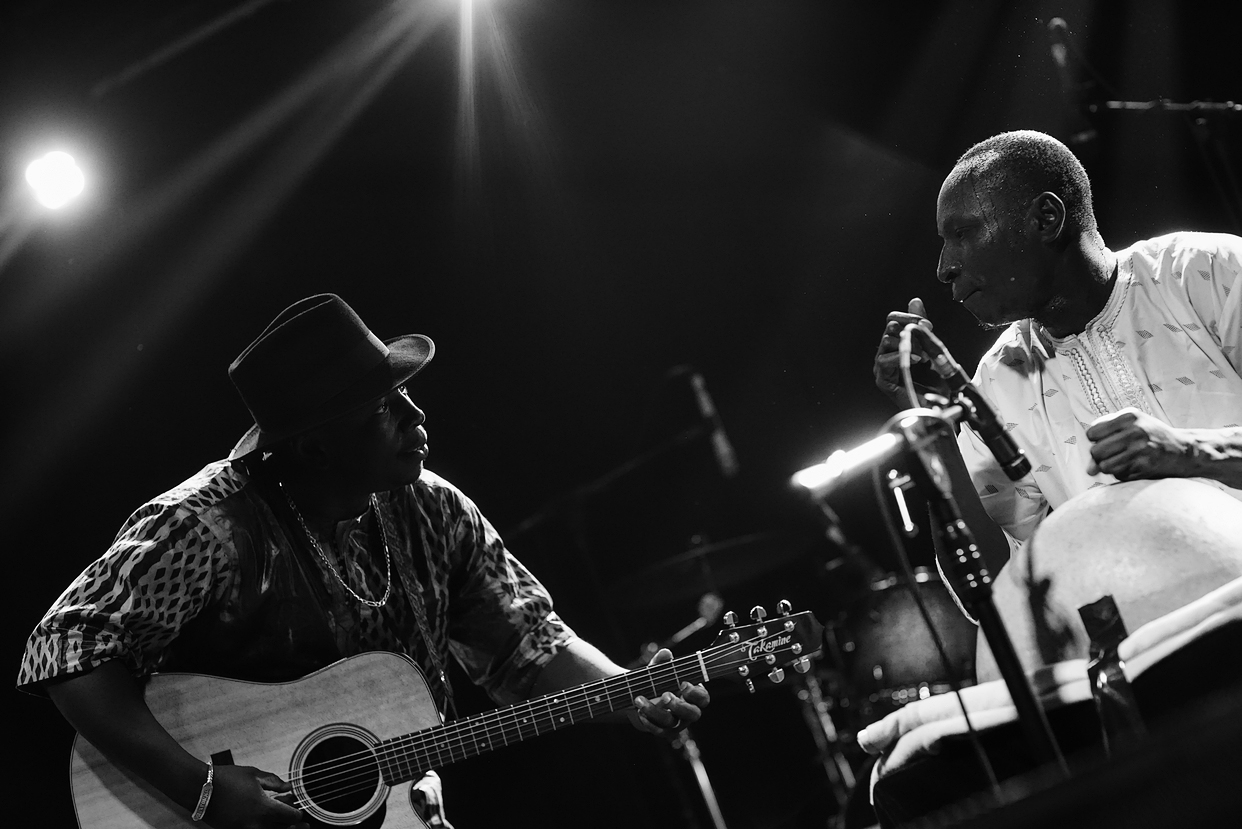
“Samba is one who never breaks, who never runs from threats, who is not afraid,” Touré says. “It is said that Samba is blessed with good luck. This song is an homage to my grandparents, who gave me a nice childhood.”
Ever focused on family, on “Mariam” Vieux offers respect and praise to his little sister, the last-born of the Touré family. He says that she changed the entire family for the better, and uses this mid-tempo beauty of a track to pay homage to the Peule women of Mali and, by extension, “all sisters of the world.”
The sweetness of childhood and family is countered by the sheer energy of the devotional “Homafau Wawa.” Drummer Mamadou Kone, bassist Marshall Henry, and n’goni player Maffa Diabate set the backdrop for Touré to glide over. The call-and-response hook gives a church feel, which makes sense given audience members are the backing vocalists.
Devotion has a deeper resonance for Touré during this particular time in his nation’s history. In this song he reflects on the recent jihadist takeover of sections of Mali. Musicians were banned, tortured, and exiled during this harrowing period in which critical speech and artistic expression were under assault.
“No one has real power except for God,” says Touré. “There are men who have the power to do things and who think they are strong who can destroy humanity or do harm to many. But if God doesn’t will it, it won’t happen. This song pays homage to the people in the North of Mali who resisted and endured the occupation of the jihadists. To all the women of the North who suffered violence and to all the men who met with tragic ends in the North.”
Religious fanaticism is not the only danger Touré addresses. He takes those that waste resources, chop down forests, destroy oceans, and murder wild animals to task on “Nature.” Backed by the record’s most swinging rhythm, it reminds the listener of Mali’s longstanding griot tradition, in which musicians and poets share morally relevant topics with their audiences.
“There is nothing left in the forests, nor the rivers,” he says. “We need to save and respect what’s left of nature so that humanity can survive. Let’s stop useless waste because nature is sacred and deserves our respect.”
Minimal overdubs were recorded in Woodstock and then in Bamako to bring Samba to completion. The closing “Ni Negaba,” a simple acoustic song driven by a calabash rhythm, was recorded in Mali. Fellow artist and longtime friend Afel Bocoum sang alongside Touré for this song, while Yaya Drame appeared in the studio to speak over the rendition of “Reconnaissance” recorded in the States.
Friend and collaborator Idan Raichel recorded keyboards on two tracks as well: “Mariam” and “Maya,” the latter a tribute Touré wrote for the baby daughter of his longtime friend and manager, Eric Herman. Touré and Raichel have released two gorgeous records together to critical acclaim, especially powerful during this time as the main underlying theme—a Muslim and Jew working together—conveys a message of religious tolerance and cooperation that both aim to spread widely.
Over the last few months Touré has traveled across Australia and China spreading his energetic and gorgeous evolution of Malian blues. Now he’s returning to where he built his name, with tours in the United States and Europe planned for 2017.
Given the success of this brilliant album, who knows what surprises await on the road. While Touré was initially apprehensive about this session, any fear immediately vanished when the microphones were turned on.
“It was an interesting idea but I did not know how it would go. Luckily everything was perfect. There was a great ambience there for the session and we were able to capture this unique energy for the album.”
Albums







